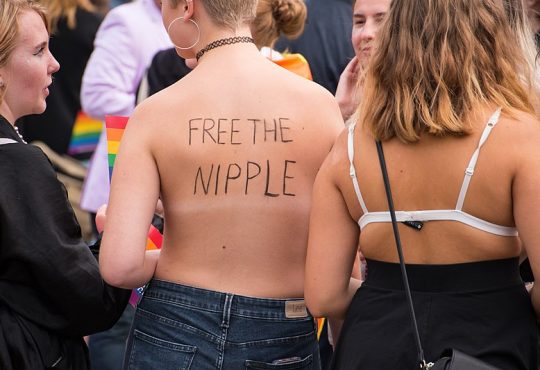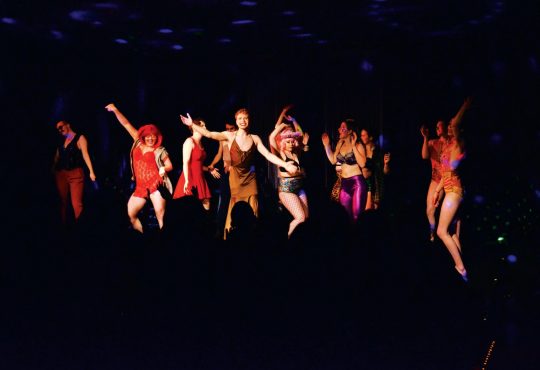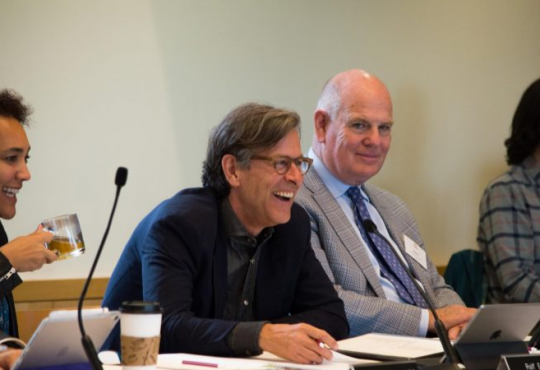Wetlands Magazine has been inducted as a media department under ASUPS. Previously an ASUPS-sponsored club, Wetlands now joins the roster of literary outlets at Puget Sound on the ASUPS Media Board.
Established during the 2011-2012 school year, Wetlands turns a critical eye to social issues, including gender, sexuality, ability, age, class, race, embodiment, intersectional identities and social justice. In 2013, the magazine was included as part of the Gender Studies Program at the University, and has been entirely funded by students until this recent election.
“We had long wanted ASUPS to recognize the knowledge produced in Wetlands Magazine,” Senior Content Editor of Wetlands C.J. Queirolo said. “We had also wanted the institutional protection afforded by incorporation to ASUPS media structures.”
Some of the benefits granted by this new position include the ability to request funds from the student government as well as the ability to pay the senior staff members, who were working for free up to this point.
Lindsey Conrad, Editor-In-Chief of Wetlands, told The Trail that the commitment to the magazine takes five to six hours per week with the time only increasing as submissions come to them.
“Since we have become more focused on the production of a publication, we have been able to produce consistently higher-quality publications and solicit higher-quality pieces and have a more refined editing process to really bring out what’s best in those pieces,” Queirolo said.
Even through the changes that Wetlands has undergone since its inception, its principles have remained steadfast. The growth of the medium has only allowed for more perspectives to be added into the contents of the writing and art. However, its growth has also necessitated alterations to its reach and scope.
“I think there’s been a direct intention to move from consciousness-raising to directly advocating for marginalized students on our campus, which is a huge shift from last year to this year. We’re not just interested in talking about themes or talking about abstract ideas. We’re interested in creating change and making our campus… safer for minority students,” Conrad said.
Other campus projects, such as the Campus Climate Survey and the Race and Pedagogy Conference, have been used to assess and discuss where Puget Sound needs improvement. Contributors to Wetlands change the scope of the discussions, transforming broad topics into personal pieces.
As a unique voice on campus, Wetlands has garnered much attention from the community. According to Conrad and Queirolo, the Wetlands blog alone reaches more than 100 visits on a daily basis.
“Every year, whenever we print our five or six hundred copies, they’re always gone within a couple of days,” Queirolo said.
Despite the social backlash and institutional opposition that always comes with social change, the force of Wetlands Magazine shows no signs of diminishing. Joining the ASUPS Media Board is simply a logical progression.
“We are able to create change in some substantial form,” Conrad said. “Becoming a medium helps facilitate working better with other mediums… This process now paves the way to help encourage other up-and-coming [media] on campus such as Black Ice to eventually join ASUPS media.”
Wetlands accepts submissions to the print and online publications of the magazine. To contribute, contact pugetsoundwetlands@gmail.com, and visit the official Wetlands Magazine blog for submission guidelines. Submission deadline for this semester was March 31.





